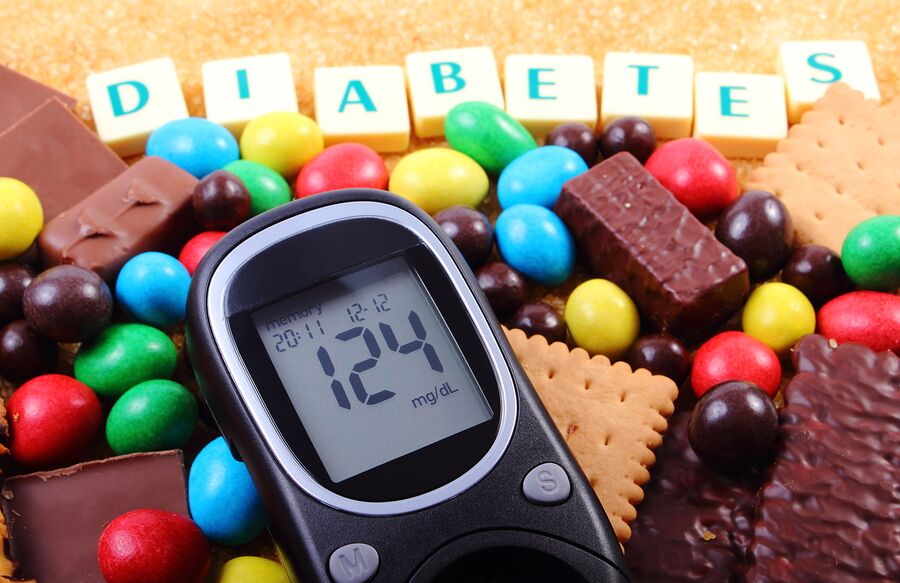
1 in 3 Americans have prediabetes, a health condition where blood sugar levels are higher than normal but not high enough to qualify as Type 2 diabetes.
The good news is that in most prediabetes cases, Type 2 diabetes is not inevitable—it’s preventable. Having prediabetes doesn’t automatically mean you’ll develop Type 2 diabetes, but it does mean you’ll need to take action to keep your prediabetes from turning into something more serious.
Simple lifestyle changes like eating better, getting more physical activity and losing a small amount of weight can reverse your diagnosis. We know—“eat right and exercise more” has been the mantra of doctors for years and is sometimes easier said than done, but this simple advice is truly the key to preventing serious health issues like Type 2 diabetes.
November is National Diabetes Month, so here are four tips to reverse your prediabetes diagnosis and get on track to a healthier lifestyle.
- Make healthy food choices. Your food choices can improve your body weight, blood sugar levels, cholesterol, blood pressure and overall health. You can never go wrong with adding more veggies to your plate. Be mindful of serving sizes and limit your intake of high fat foods and sweets. Also aim for at least six to eight glasses of water a day.
- Increase your physical activity. Aim for at least 30 minutes of moderate activity a day to reap benefits beyond reversing prediabetes—like more energy and better sleep. Exercise doesn’t necessarily mean hitting the gym, although there’s nothing wrong with that. You can get active doing things you enjoy, like going for a walk with a friend or taking your dog for a hike.
- Moderate weight loss. You don’t have to lose major pounds to see improved health results. Losing five to seven percent of your current weight can help to lower your risk of diabetes. To lose weight:
- Combine healthy food choices with increased physical activity.
- Slow and steady wins the race. Set realistic expectations that contribute to a healthy lifestyle change, not a quick fix.
- Talk with your doctor to set a goal and determine how you’ll achieve it.
- Talk to your doctor about your risk. Let your doctor know if you have concerns about diabetes and are interested in diabetes prevention. Your doctor can advise if you should have diabetes testing done, which can help identify diabetes risks for those ages 45 and older. Your doctor may refer you to an educational class or diabetes prevention program so that you can take charge of your health and prevent disease progression.
Remember: a prediabetes diagnosis is not a life sentence. With a few lifestyle changes you can reverse the trend and get your health back on track.

